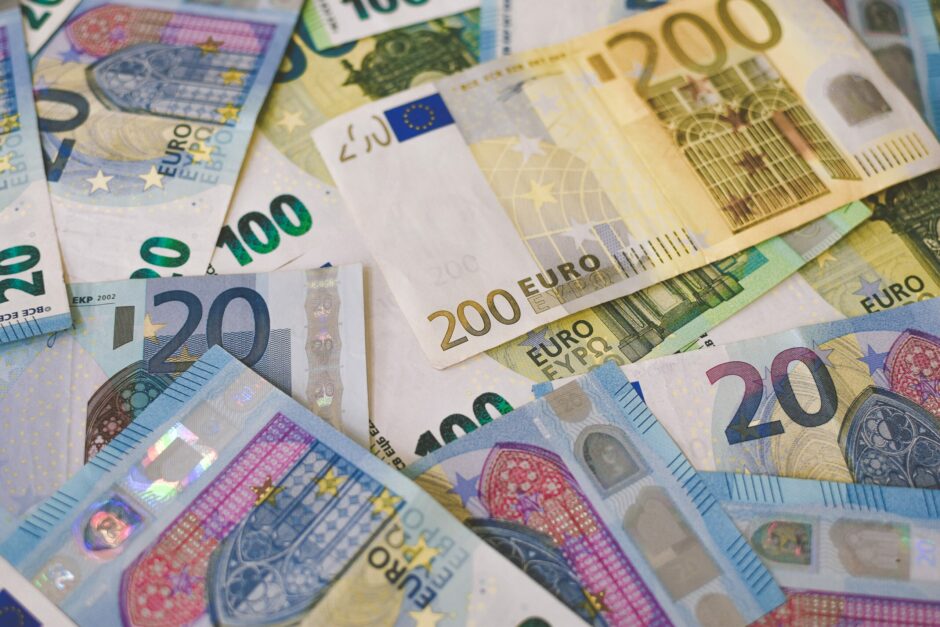Consumer can claim damages due to misleading advertising
Decision of the Supreme Court from 16.12.2021, 4 Ob 49/21s – Consumer can claim damages due to misleading advertising.
In competition law, it is common for the injured competitor to be able to claim damages from the unfairly acting competitor. In its decision 4 Ob 53/98t, the Supreme Court affirmed for the first (and so far only) time that a consumer who has suffered financial loss as a result of an anti-competitive act has the right to bring an action. Just over 20 years later, a decision has now also been made, particularly following the 2007 amendment to the UWG.
From the reasons for the decision: In summary, it should therefore be noted that the plaintiffs are entitled to assert their claim for compensation for pecuniary loss allegedly suffered by them as consumers as a result of an unfair commercial practice by an entrepreneur (misrepresentation) in court. The liability of the defendant for persons in the operation of its business is not limited to its representatives, but is governed by Section 18 UWG.
The plaintiffs had been victims of a theft in their private home, in which a safe placed on the market by the defendant had been located (containing a sum of money of EUR 60,000.00). For the plaintiffs, it was important for the purchase of this particular safe that it fulfilled the security class EN-1 according to the conditions of their insurance. On the defendant's website, the safe was described as complying with security level EN-1 according to CSN EN 1 1143-1. Its packaging also contains the information that the safe has been tested to EN-1. There is a sticker on the safe itself which contains the information "1/CSN EN 1 1143-1: 2013" under the title "Resistance Grade". The plaintiffs were not reimbursed for the stolen money by the household insurance because the safe did not actually comply with security level EN-1. The plaintiffs therefore sought compensation for this loss from the defendant on the basis of its misleading advertising.
The Supreme Court affirmed the possibility of asserting this claim with the following reference, among others: Why (even de lege lata) the injured competitor, but not the injured consumer, should be able to claim damages after a breach of fairness is not comprehensible from a valuation point of view.


